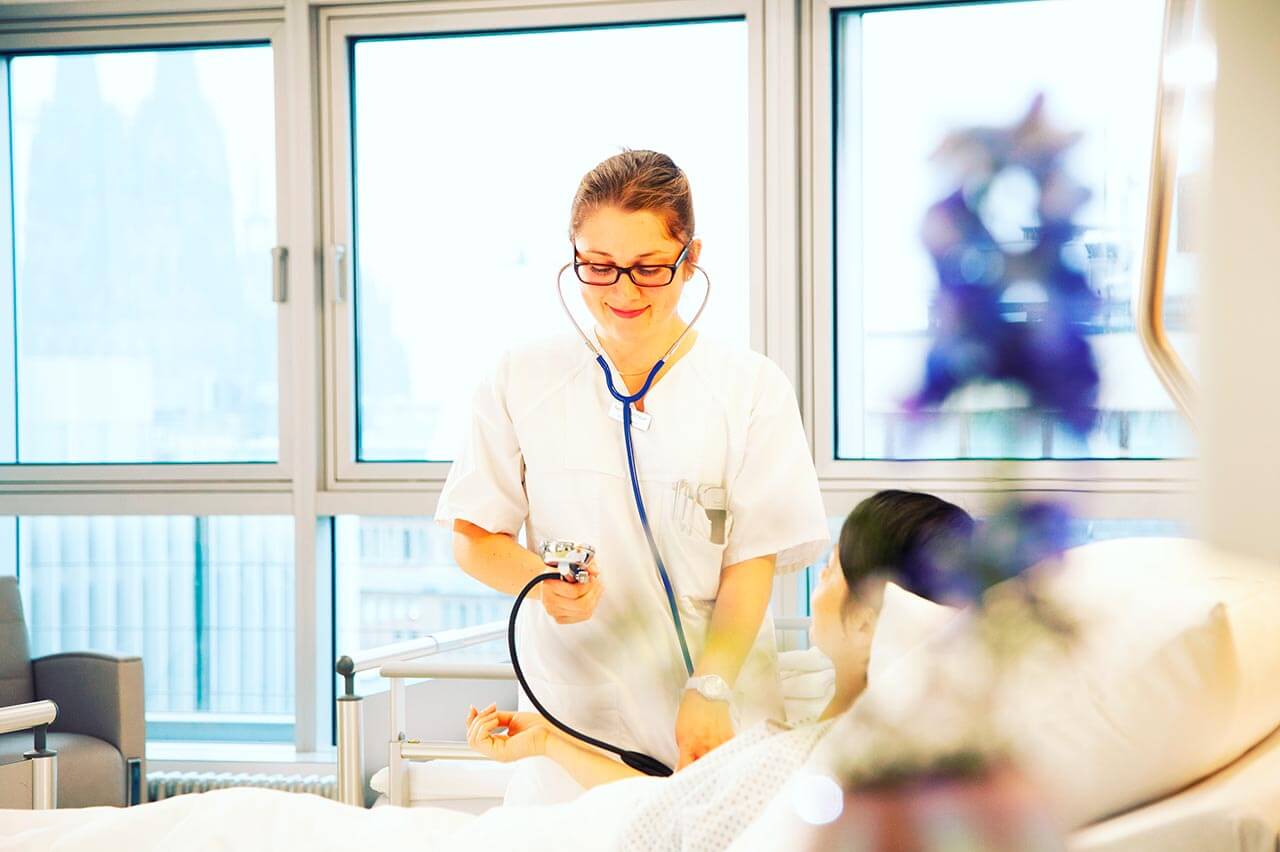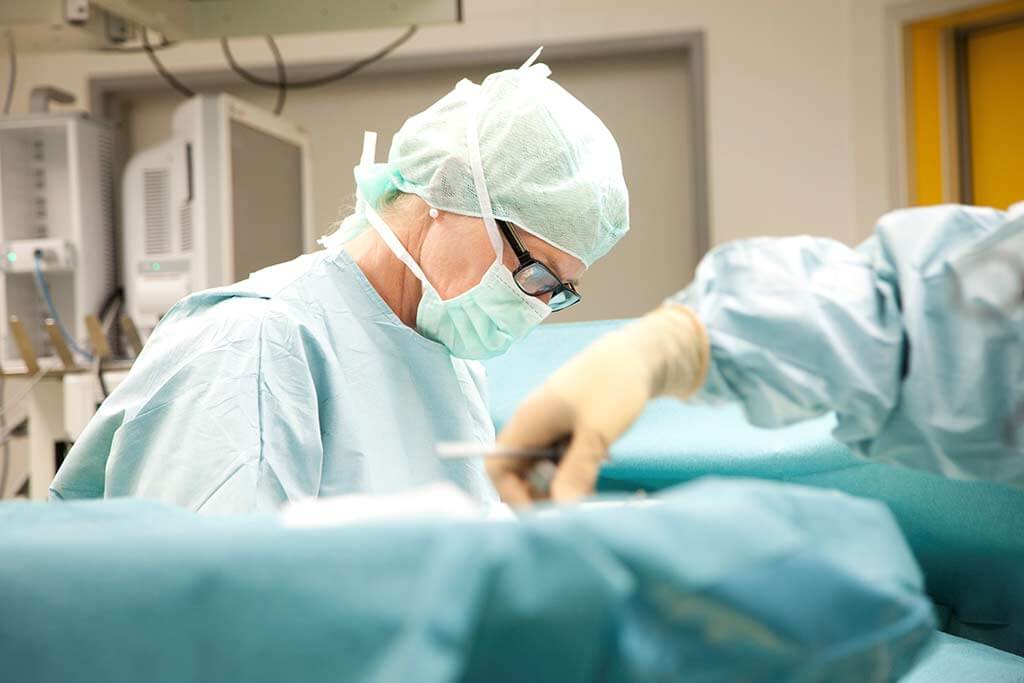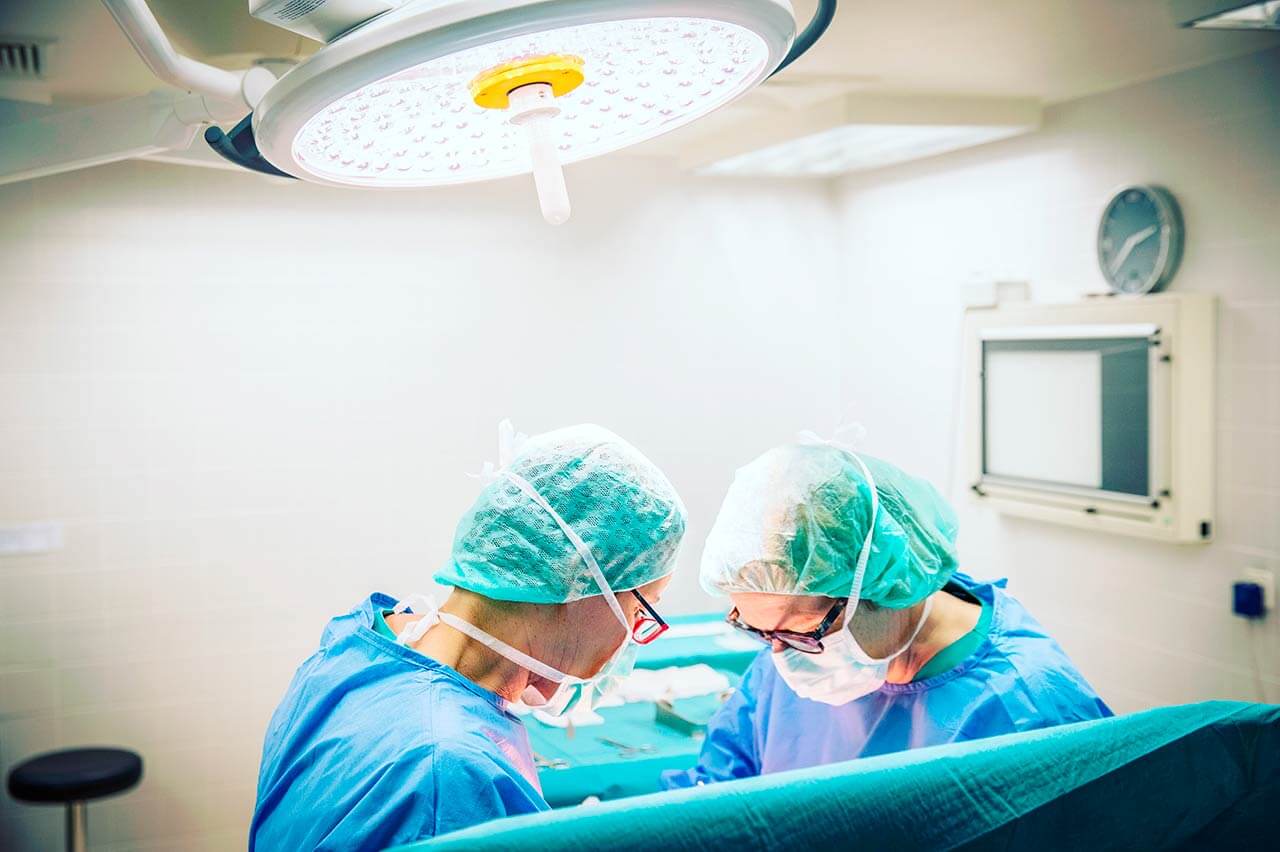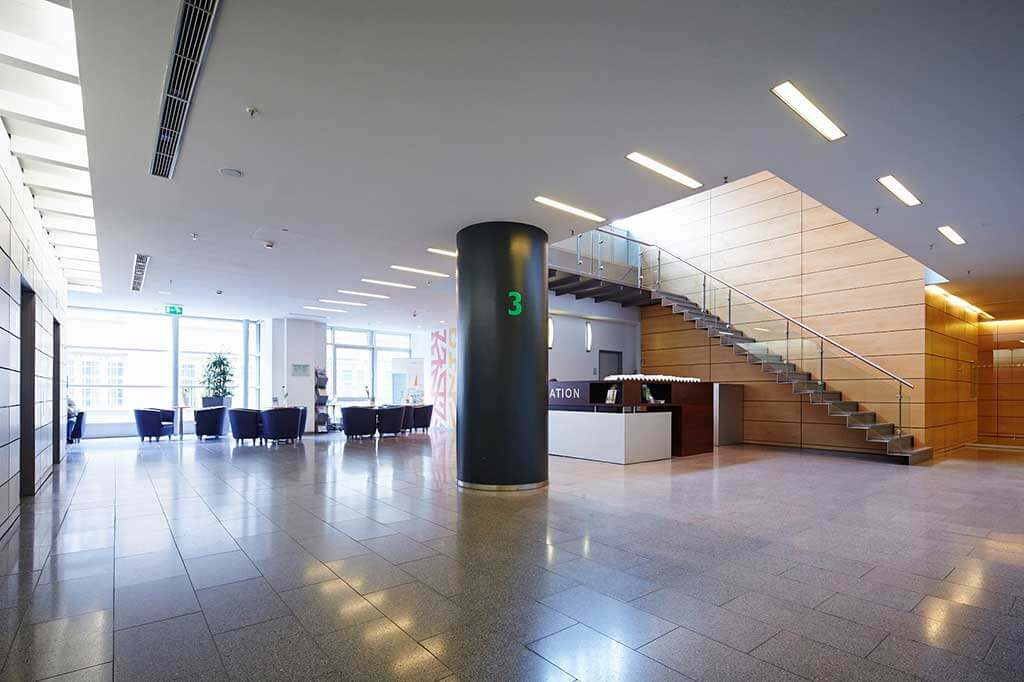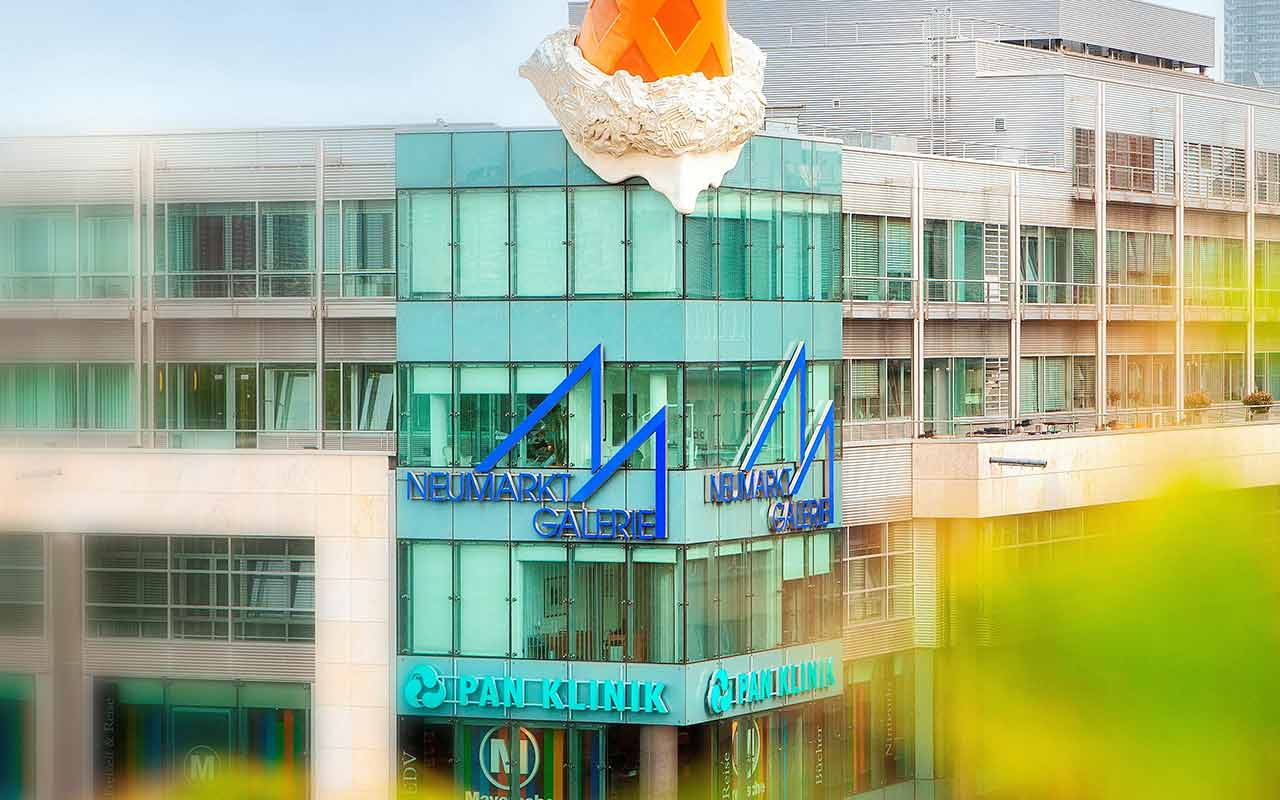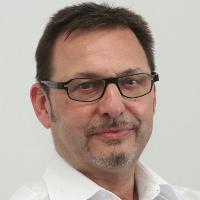
The program includes:
- Initial presentation in the clinic
- clinical history taking
- physical examination
- review of medical records
- urological examination
- laboratory tests:
- complete blood count
- general urine analysis
- biochemical analysis of blood
- indicators of inflammation
- indicators blood coagulation
- ultrasound of the urogenital system
- preoperative care
- excision and drainage of the funiculus
- symptomatic treatment
- control examinations
- cost of essential medicines and materials
- nursing services
- full hospital accommodation
- explanation of future recommendations
Required documents
- Medical records
- Scrotal ultrasound (if available)
Service
You may also book:
 BookingHealth Price from:
BookingHealth Price from:
About the department
The Department of Adult and Pediatric Urology, Andrology at the PAN Clinic Cologne offers prevention, diagnostics and treatment of the full range of diseases of the urinary tract in men and women, as well as pathologies of the reproductive organs in men. The department has earned international recognition in the treatment of urological cancers – prostate, kidney, bladder, testicular, penile cancers. The urologists of the medical facility also provide effective treatment for common urological conditions, including kidney stone disease, urinary tract infections, sexually transmitted diseases and urinary incontinence. Particular attention is paid to the treatment of men suffering from infertility, erectile dysfunction and other andrological pathologies. The department's therapeutic options are also complemented by the treatment of young patients with enuresis, genitourinary anomalies, undescended testes and phimosis. The department's specialists have in their arsenal many conservative and surgical treatments, which allow them to achieve excellent therapeutic results even in especially complex clinical cases. The department is headed by Dr. med. Johan Denil.
The primary focus of the department's clinical activities is the treatment of prostate cancer. If this diagnosis is suspected, the patient will then undergo the PSA test and MRI-guided prostate biopsy, which is the most advanced and reliable diagnostic method in this area as for today. If the examination confirms that a man has oncology, the doctors begin to plan his treatment. Since cancer is one of the most severe diseases and requires an interdisciplinary approach, a treatment regimen is developed for each patient individually, at the tumor boards with the participation of urologists, oncologists, radiologists, radiation therapists and other specialists. The standard treatment protocol for prostate cancer includes radical prostatectomy, chemotherapy and other drug treatments. Radiation therapy is also often used. In especially complex clinical cases, the doctors from the Department of Urology of the University Hospital Cologne are involved in the therapeutic process. The department's medical team also admits patients with testicular, penile, kidney and bladder malignancies. Should cancer of these organs be detected, the patient will undergo surgical resection of the tumor, chemotherapy and other therapeutic procedures.
The department's specialists have an excellent reputation in medical care for men with andrological disorders. The focus is on the patients with erectile dysfunction, hypogonadism and sexually transmitted diseases. In addition, in cooperation with the specialists in reproductive medicine, the urologists of the medical facility are engaged in the diagnostics and treatment of male infertility. In case of confirmed infertility, the department's doctors often perform testicular sperm extraction (TESE), which is currently one of the most effective treatment methods for male infertility. Those men who do not want to have children in the future are offered vasectomy – a surgical procedure, during which the doctor cuts the vas deferens that excludes fertilization during intercourse. Surgery for reproductive function restoration in men (vasovasostomy, tubulovasostomy) are also within the competence of the department's medical team.
The department admits both adults and young patients. The department's urologists are engaged in the diagnostics and treatment of urinary tract malformations and various diseases of the kidneys, ureters, bladder, urethra and male reproductive organs in newborns and young children. The most common pediatric urological diseases in the department's clinical practice are enuresis, undescended testicles and phimosis. The treatment of nocturnal enuresis usually involves behavioral therapy and drug therapy. In some cases, as the child grows up, the problem with urinary incontinence can resolve on its own. Cryptorchidism (undescended testicles) is characterized by the location of the testicles outside the scrotum – in the abdominal cavity or in the inguinal canal. Until the age of 6 months, the doctors recommend refraining from any treatment. If before this time the testicles do not descend, the surgical correction of the defect will be performed. The optimal time for the surgical treatment of cryptorchidism (orchiopexy) is the child's age up to 1 year. The treatment of undescended testes at a later age can lead to poor sperm quality, infertility or the development of a testicular tumor in the future. In case of phimosis (narrowing of the penile foreskin), which persists in boys after the age of 3 years, the department's doctors provide conservative treatment with cortisone ointments. If this type of therapy does not give the desired result, the specialists resort to surgery (circumcision).
The department specializes in the diagnostics and treatment of the following diseases:
- Prostate, testicular, penile, bladder and kidney cancers
- Benign prostatic hyperplasia
- Kidney stone disease
- Urinary tract infections
- Urinary incontinence (in men and women)
- Sexually transmitted diseases
- Male hormonal disorders
- Transsexuality
- Age-related changes in men
- Male infertility
- Erectile dysfunction
- Pediatric urological disorders (focus on enuresis, genitourinary anomalies in boys, undescended testicles and phimosis)
- Other pathologies
The department's diagnostic and therapeutic options include:
- Diagnostics
- MRI-guided fusion biopsy for suspected prostate cancer
- Ultrasound-guided fine needle aspiration prostate biopsy
- Select MDx genetic test for detecting predisposition to the development of prostate cancer
- Cystoscopy
- Transrectal ultrasound scanning
- Color-coded 3D ultrasound scanning
- Hormone tests
- Spermogram
- Urinalysis
- Treatment
- Conservative therapy
- Chemotherapy and drug therapy for urological cancers (on an outpatient basis)
- Drug therapy (for example, for urinary tract infections, urinary incontinence, male hormonal disorders)
- Extracorporeal shock wave therapy for erectile dysfunction
- Surgical treatment
- Surgery for prostate diseases
- Radical prostatectomy for prostate cancer
- Transurethral resection in saline (TURis) for benign prostatic hyperplasia
- Bipolar transurethral resection for benign prostatic hyperplasia
- UroLift procedure for benign prostatic hyperplasia (on an outpatient basis)
- Surgery for diseases of the urinary tract
- Transurethral interventions for urethral stenosis (for example, urethrotomy)
- Surgery for diseases of the kidneys and ureters
- Minimally invasive/endoscopic ureteroscopy (ureterorenoscopy) with stone removal
- Implantation and removal of a ureteral stent
- Surgery for bladder diseases
- Transurethral resection for bladder tumors
- Removal of bladder stones (transurethral cystolithotripsy)
- Botox injections into the bladder
- Minimally invasive treatment of urinary incontinence in women (TVT and TOT sling procedures)
- Surgery for testicular disease
- Sterilization (vasectomy)
- Fertility restoration after vasectomy (vasovasostomy, tubulovasostomy)
- Testicular sperm extraction (TESE)
- Surgery for hydrocele
- Surgery for varicocele
- Removal of testicles in case of testicular tumors (orchiectomy)
- Surgery for undescended testicles in children (orchidopexy)
- Surgery for penile diseases
- Circumcision
- Penile straightening in case of its curvature (Nesbit's procedure)
- Removal of genital warts
- Surgery for prostate diseases
- Conservative therapy
- Other diagnostic and therapeutic options
Curriculum vitae
Higher Education and Professional Career
- 1973 - 1981 Study of Human Medicine, Catholic University of Leuven, Belgium.
- 1981 - 1983 Postgraduate training, Department of General Surgery, Hospital in Sint-Niklaas, Belgium.
- 1983 - 1989 Postgraduate training in the Department of Urology at the Hospital Ennepe-Ruhr-Süd, Schwelm, Witten/Herdecke University.
- 1988 Board certification in Urology.
- 1989 - 1991 Scientific internship in Andrology and Microsurgery, University of Michigan, Ann Arbor, USA.
- 08.1991 - 03.1999 Senior Physician, Hannover Medical School.
- Since 04.1999 Chief Physician in the Department of Adult and Pediatric Urology, Andrology at the PAN Clinic Cologne.
Additional Qualifications
- Additional qualification in andrology.
- Additional qualification in tumor drug therapy.
Clinical Interests
- Andrology and sexual medicine.
- Surgical treatment of urological diseases, including microsurgical interventions.
- Prevention of urological diseases.
Prizes, Awards and Other Honors
- 1996 Werner Gering Award for doctoral thesis defense.
- 1997 Poster Award of the Belgian Society of Urology.
Memberships in Professional Societies and Organizations
- Fellow of the European Board of Urology (FEBU).
- Fellow of the European Committee of Sexual Medicine (FECSM).
- Founding Member of the Urological Partnership Cologne (Urologische Partnerschaft Köln) and the Urology Competence Center Cologne (Kompetenz Centrum Urologie Köln).
- Member of the Meeting of Representatives of the Medical Association of North Rhine.
Photo of the doctor: (c) PAN Klinik
About hospital
The PAN Clinic Cologne is a multidisciplinary medical facility that combines advanced medicine, excellent quality of patient care and a high level of comfort. Founded in 1999, the clinic is located in the very heart of Cologne. During this time, the medical complex has gained long clinical experience, but at the same time it has preserved its primary concept of medical care – high-quality diagnostics and treatment using the achievements of modern medicine.
Today, a huge team of doctors at the clinic admits patients in 25 medical fields, including neurosurgery, neurology, orthopedics, cardiology, gynecology, mammology, urology, endocrinology, plastic surgery, etc. It is worth noting that the clinic employs the best specialists with a wealth of experience and thorough clinical training in the best medical facilities in Germany, other countries of Europe and USA. The clinic's medical team includes many professors who are distinguished by outstanding achievements in the treatment of diseases of a particular profile and who successfully conduct research activities, participate in national and international congresses, symposia and other events.
The clinic annually provides treatment to more than 10,000 patients, and more than 3,000 interventions of varying complexity are performed in its operating rooms. The operating theaters have state-of-the-art technology and equipment for classical open surgery and minimally invasive interventions. In addition, all departments of the medical facility have advanced diagnostic equipment, so that doctors always make the correct diagnosis, which determines the success of subsequent treatment. During the therapeutic process, the specialists strive to choose the most sparing, but at the same time highly effective treatment regimen.
The quality of medical services provided in the clinic is awarded with the prestigious DIN ISO 9001 certification, and therefore patients trust their health to doctors with complete confidence and benefit from the optimal treatment of the European standard.
Photo: (с) PAN Klinik, (c) depositphotos
Accommodation in hospital
Patients rooms
The patients of the PAN Clinic Cologne live in light and cozy rooms with a modern design. A standard patient room includes a comfortable automatically adjustable bed, a bedside table, an air conditioning, a DVD player, a telephone, a TV and a nurse call system. The patient rooms also have Wi-Fi. Each patient room has an ensuite bathroom with shower and toilet. The bathroom also has a hairdryer and towels.
If desired, the patients can live in enhanced-comfort rooms. These patient rooms are distinguished by their more exclusive interiors, as well as beautiful views of the Cologne Cathedral and cityscapes. The bathrooms in these enhanced-comfort facilities include disposable slippers, a bathrobe, towels and toiletries. In addition, the patients living in enhanced-comfort rooms are offered a special menu.
Meals and Menus
The patient and his accompanying person are offered tasty and balanced three meals a day: buffet style breakfast and dinner, as well as lunch consisting of 3-4 courses. If for some reason you do not eat all the foods, you will be offered an individual menu. Please inform the medical staff about your dietary preferences prior to treatment.
Further details
Standard rooms include:
Religion
The religious services are available upon request.
Accompanying person
During the inpatient program, the accompanying person can live with the patient in a patient room or a hotel of his choice. Our managers will help you choose the most suitable option.
Hotel
During the outpatient program, the patient can stay at the hotel of his choice. Our managers will help you choose the most suitable option.
